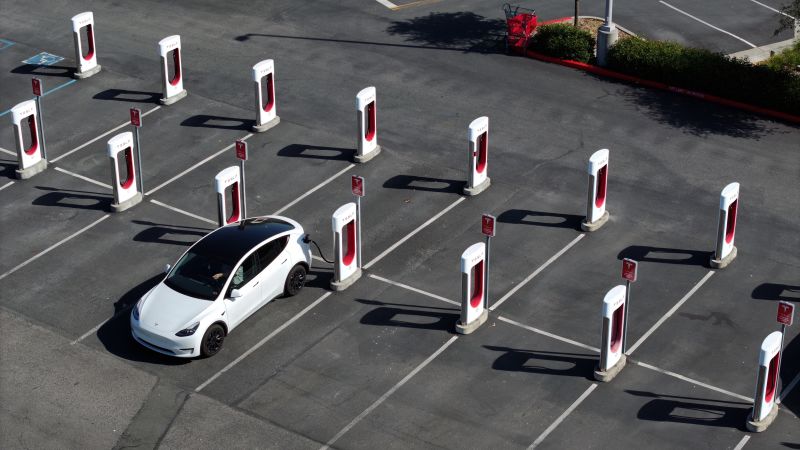From March 18 to 26, the French Language Week will coordinate, says the Ministry of Culture, “Francophones, Francophiles and those interested, who read, speak or sing, to bring to life the richness of a language that connects millions of people. Speakers around the world. However, in recent years, the government ” Globish” is subservient.
We can judge by some of the formulas he uses. Oliver Beckett, the minister responsible for foreign trade and attraction, suggests “pick Africa” when talking about “business”. As he addresses the diaspora, he says, “Meet Africa.” When he talks to young shoots (start-ups in English), he replies, “Digital Africa.” When he announces the call for proposals for digital cultural entrepreneurs, he says “digital challenge”. When the government talks about culture to promote a new policy for African artists, it says “Africa Creative”.
When the French Development Agency (AFD) talks about research with African researchers, it stops supporting the journal. Contemporary Africa In favor of “Global Africa”. When she invites you to a party on February 10, 2023, she says, “Let’s hang out together – PARTY!! (This should probably read: Let’s start together). When she invites you to a conference, she’s doing it as part ofAFD Invitational Research Conversations. The peak of absurdity occurred on December 7, 2022 during the 15the At an international conference organized by the AFD on the theme of sustainability, Souleymane Bachir Diagne, a great Senegalese philosopher, had to translate his communication written in French into English.
His quotations from Léopold Chedar Tsenghor met a worse fate: first translated into English, then retranslated by a translator into French… bearing no relation to the lyrics of the original. For French-speaking exponents of African thought, the pill was bitter.
According to the Observatoire de la francophonie, thanks to the vitality of the population and the improvement of schooling in Africa, and thanks to the status of French as the language of instruction, the number of French speakers there is experiencing strong growth: +15% between 2018 and 2022 in sub-Saharan Africa alone. The Predictions Optimists suggest that by 2060 there could be nearly 747 million francophones, 85% of whom will live in Africa. Surveys conducted by the Kantar Institute show a willingness expressed by young people in favor of French language exchange. Between 50 and 96% of those questioned consider French useful for studying, finding a job, doing research on the Internet, and discovering other cultures.
To renounce self-expression in one’s language, French, in terms of its own identity and rich and diversified ideas of universal values, is tantamount to utilitarianly associating oneself with the external values of dominant English-speaking liberal thought. It will happen. An abandonment suffered badly by Africans (and others like Quebecers) who were becoming the last defenders of Francophonie. Absurd for the partners of the public agency with the “French” qualification, it received from the French government in the last years the task of developing the cultural dimension of cooperation policy.
Former Ambassador of France (Kenya, Ghana, DR Congo), Pierre Jacquemot President of GRET, an international NGO

“Beeraholic. Friend of animals everywhere. Evil web scholar. Zombie maven.”






More Stories
Why was French the official language of England?
English for everyone! – ANAC
French is a strong language but less strong than English: demonstrative